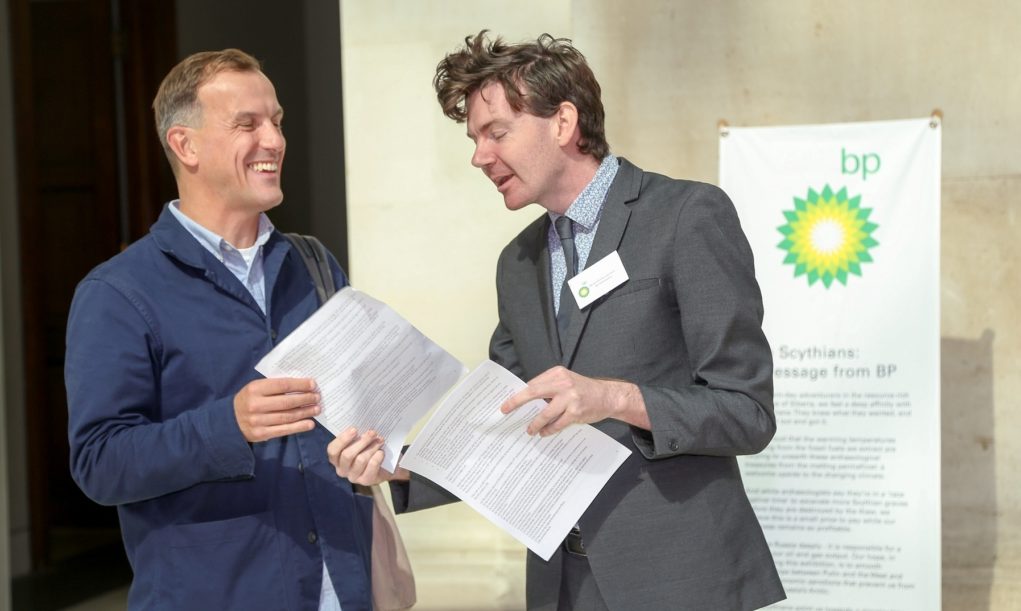June 2018
The EU plays a major role in shaping the way energy is generated across Europe – it lays down important rules about energy markets, subsidies, efficiency standards and fuel imports. A few changes in the text of an EU directive can mean the difference between the building of new solar and wind generation or a swathe of new gas power plants in multiple countries.
Of course, if Europe made a real shift away from oil and gas towards renewables that would represent a significant threat to BP’s profits. So it’s no surprise that the oil giant has taken a leading role in lobbying against climate-friendly EU laws.
In 2015, BP was named as the company doing the most to obstruct climate action in the EU. According to research by the NGO Influence Map, BP topped the table as Europe’s biggest corporate advocate of dirty energy, and was ‘consistently opposed to all the main forms of climate change regulation’. BP puts serious cash into these obstructive tactics: figures released in March 2016 found that BP was the UK’s single biggest lobbyist in Europe, spending around £2.3 million in 2014 to influence EU policymakers. BP held 24 meetings with senior European Commission members in the run-up to the Paris climate summit, more than any other UK company.
This kind of intensive lobbying makes a difference. In alliance with other fossil fuel companies, BP successfully sank the EU’s post-2020 renewable energy targets and convinced the EU Commission to support natural gas – including fracked shale gas – as a ‘low carbon’ fuel. By threatening a mass exodus of energy companies from Europe, BP also succeeded in blocking new rules that would limit the import of tar sands oil into Europe and cut pollution from power plants.
BP is also part of the gas industry lobby that is pushing hard for new gas pipelines and other infrastructure across Europe. The gas industry lobby spends around thirty times as much in Europe as public interest groups calling for a cleaner energy future.
